Home >
WCS >
WCS Science of Cities Symposium 2022
WCS Science of Cities Symposium 2022
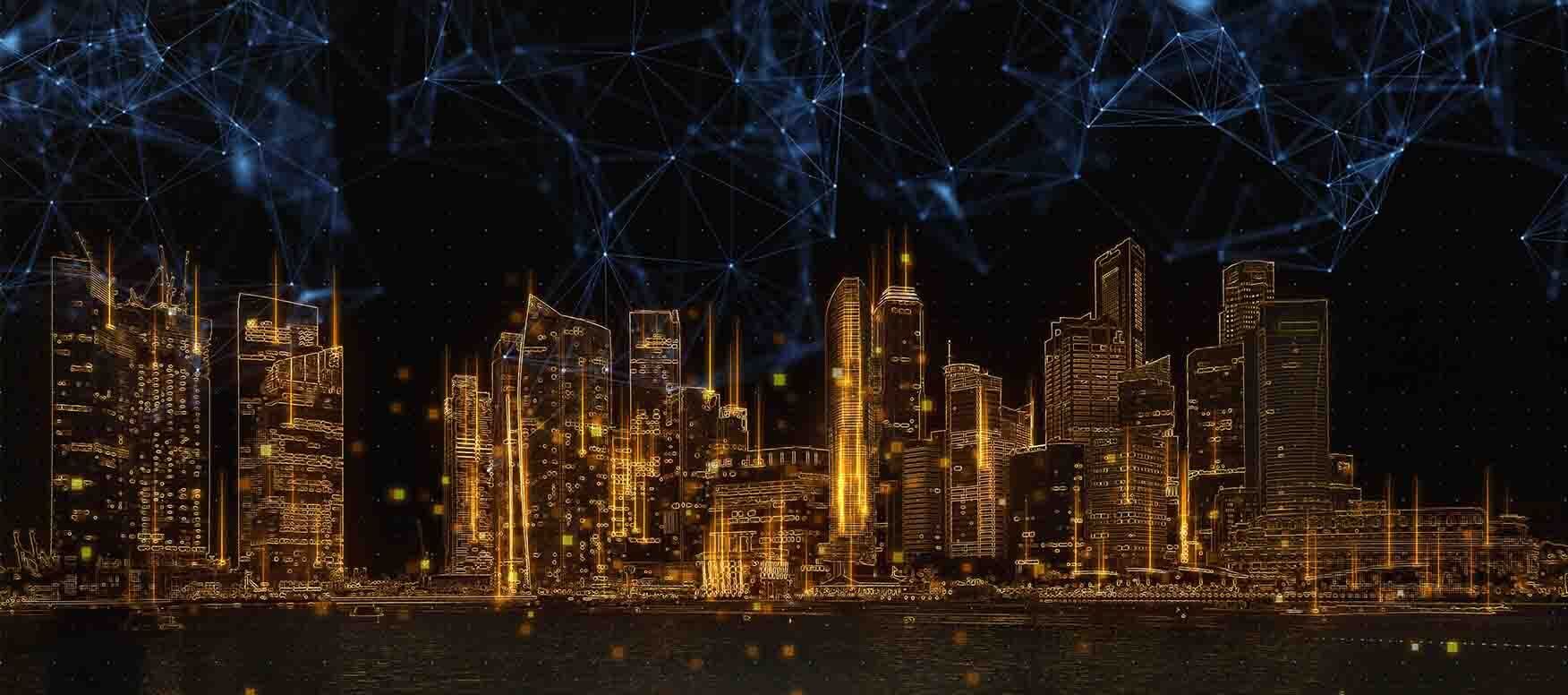
Source: ArtTower, Pixabay
Overview
Targeted at academics, the SoC Symposium convenes international researchers, city, and industry leaders to share their scientific insights and methodologies on tackling urban challenges.
Thematic Panels
Held on 31 July 2022, the WCS Science of Cities Symposium will feature two panel sessions:
Panel 1: Complexity Science for Adaptive and Sustainable Cities
The world we inhabit is increasingly known as a VUCA world – a world confronted by volatility, uncertainty, complexity, and ambiguity – with interconnected challenges such as climate change, changing demographics, ageing population, changing local and global economic structures, among others. The unpredictability of a VUCA world makes planning for an adaptive, liveable and sustainable future challenging, due to the many possible yet uncertain factors and circumstances that could change its evolution. This growing complexity of improving our daily lives is due to the increasingly interconnected and emergent interactions, relations and flows, at the global, regional, national, town, neighbourhood and individual scales, between the city’s many different urban systems and people. An integrated systems approach that brings together the technical expertise of complexity science and the contextual expertise of cities will thus be needed to scientifically examine the interdependencies of urban systems and scales, which this theme will focus on.
This theme welcomes abstracts on the applications of complexity science thinking and/or methods in the urban domain, relating but not limited to, the understanding of integrated urban systems, analytics and data platforms for urban management, complexity and artificial intelligence in urban planning and design, etc. Proposals that consider urban adaptability, liveability and/or sustainability are preferred.
Keynote Speakers
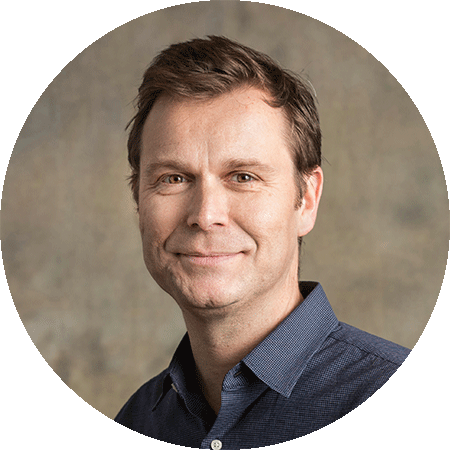 |
Professor Luís M.A. Bettencourt Director, Mansueto Institute for Urban Innovations, University of Chicago |
|---|---|
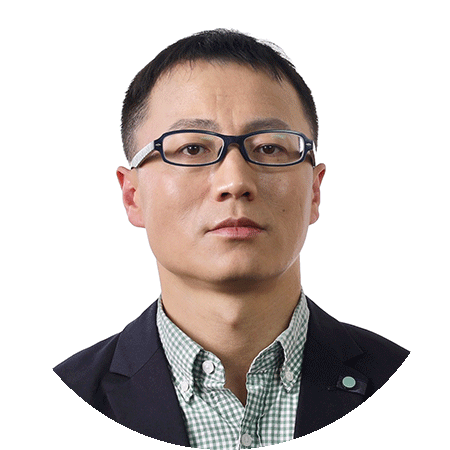 |
Associate Professor Ying Long Assoc. Prof, Tsinghua University; Founder, Beijing City Lab |
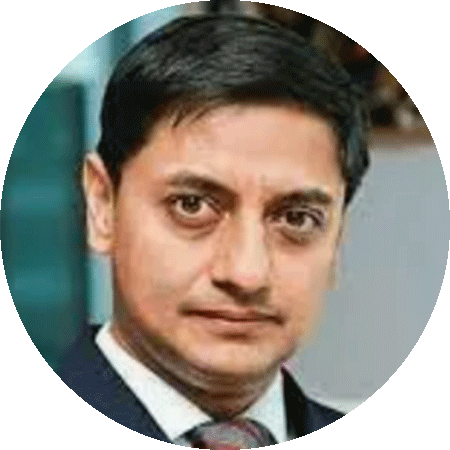 |
Mr Sanjeev Sanyal Member, Economic Advisory Council to India Prime Minister; Secretary, Government of India |
Oral Presenters
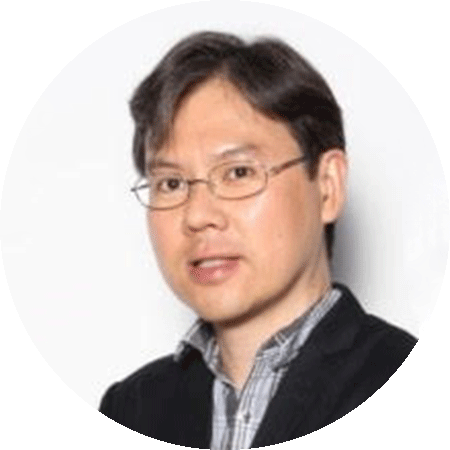 |
Dr Lock Yue Chew Assoc. Prof, Applied Physics, NTU |
|---|---|
 |
Dr Sam Conrad Joyce Asst. Professor, Architecture & Sustainable Design, SUTD |
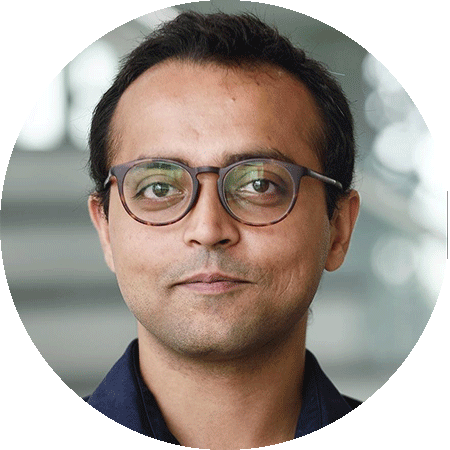 |
Mr Nishant Kumar PhD Researcher, FRS, SEC |
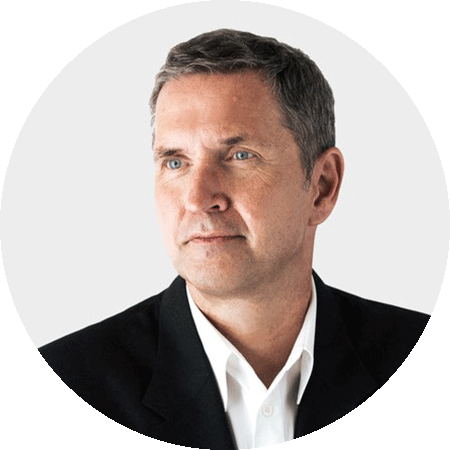 |
Professor Thomas Schroepfer Professor, Architecture & Sustainable Design, SUTD; Co-Director, FCL Global |

|
Ms Anjanaa Devi Srikant PhD Researcher, FCL Global |
Panel 2: Science of Regenerative Cities
Cities are continuously evolving and growing in response to the population demands. Sustainability has been a goal for cities to ensure its ability to meet present-day needs without compromising future needs. However, tackling present-day demands and challenges require a paradigm shift in urban planning, design and lifestyles. It is no longer sufficient for cities to minimise environmental losses and repair damaged systems; instead, cities need to shift towards maximising ecological gains such as restoring ecosystems and moving towards building self-sustaining and regenerative cities that improve both human and planetary health. To facilitate regenerative urbanism, the many years of research on harnessing science, technologies and innovations for sustainable cities can be taken a step further, to develop a holistic understanding of planetary and human health, supported by an ecosystem of multi-stakeholders across urban domains, and enabled through scientific thinking and digital tools.
This theme welcomes abstracts that are concerned with the physical, economic and social regeneration of urban spaces and communities, where systematic and scientific analysis was used to understand how to enhance the human-nature symbiosis and/or establish a concerted multi-stakeholder governance model.
Keynote Speakers
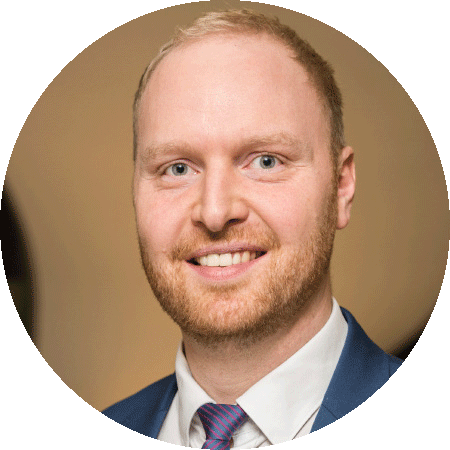 |
Mr Josef Hargrave Director & Global Foresight Leader, ARUP |
|---|---|
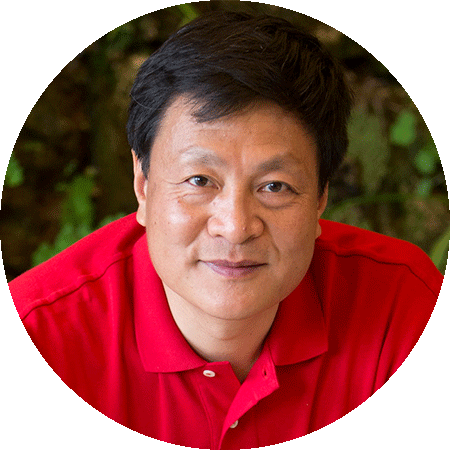 |
Professor Kongjian Yu Kongjian YU Professor, Landscape Architecture, Peking University |
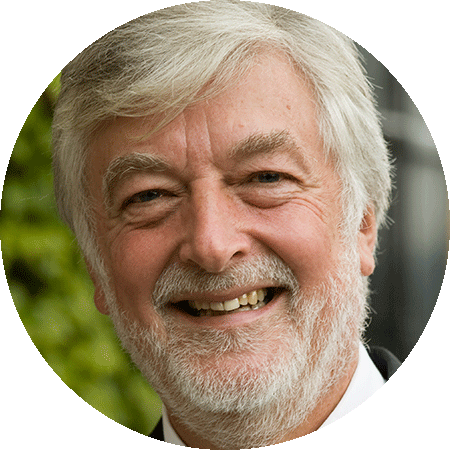 |
Professor Alexander Zehnder Founder, Triple Z Ltd |
Oral Presenters
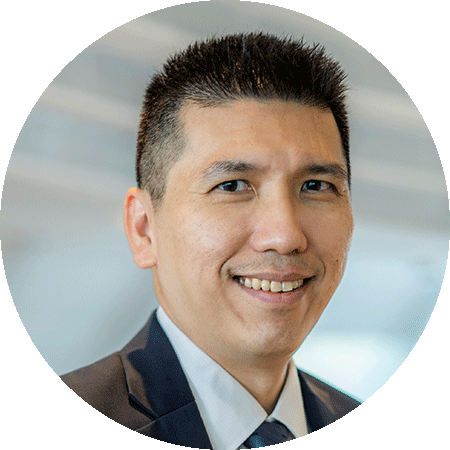 |
Dr Winston Chow Assoc. Professor, Science, Tech and Society, SMU |
|---|---|
 |
Mr Seah Chee Huang CEO, DP Architects |
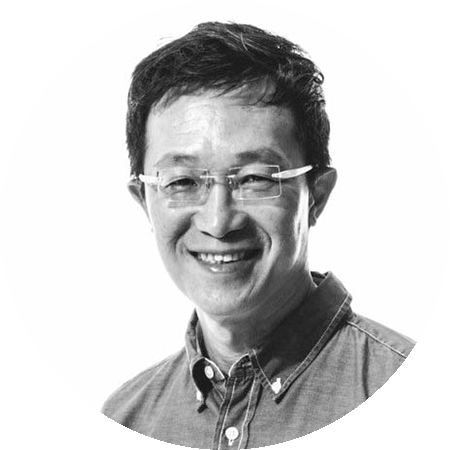 |
Mr Leonard Ng Regional Director (APAC), Ramboll |
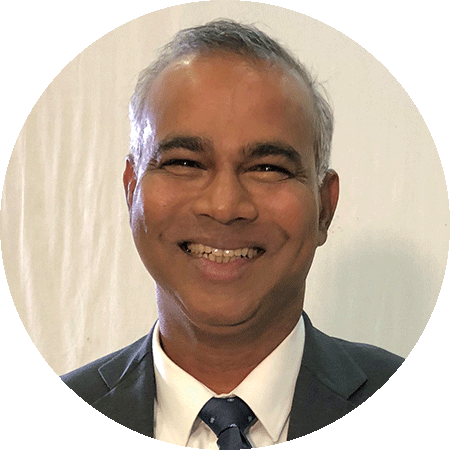 |
Mr Veera Sekaran Founder & CEO, Greenology Pte Ltd |
WCS Science of Cities Symposium
31 July 2022, Sunday, Marina Bay Sands, (MBS) Convention Centre
| Duration | Programme |
|---|---|
| 12pm - 1pm |
Poster Exhibition cum Presentation
*Researchers will present their posters to interested viewers
Venue: Level 5, MBS Convention Centre |
| 1pm - 2pm | Lunch Reception and Registration Venue: Level 5 Sands A |
| 2pm - 2.10pm | Opening Address |
| 2.10pm - 4pm |
Panel 1: Complexity Science for Adaptive and Sustainable Cities
|
| 4pm - 4.30pm | Networking tea break |
| 4.30pm - 6.20pm |
Panel 2: Science of Regenerative Cities
|
| 6.20pm - 6.30pm | Closing Remarks |
Abstracts Proceedings
Virtual Poster Exhibition
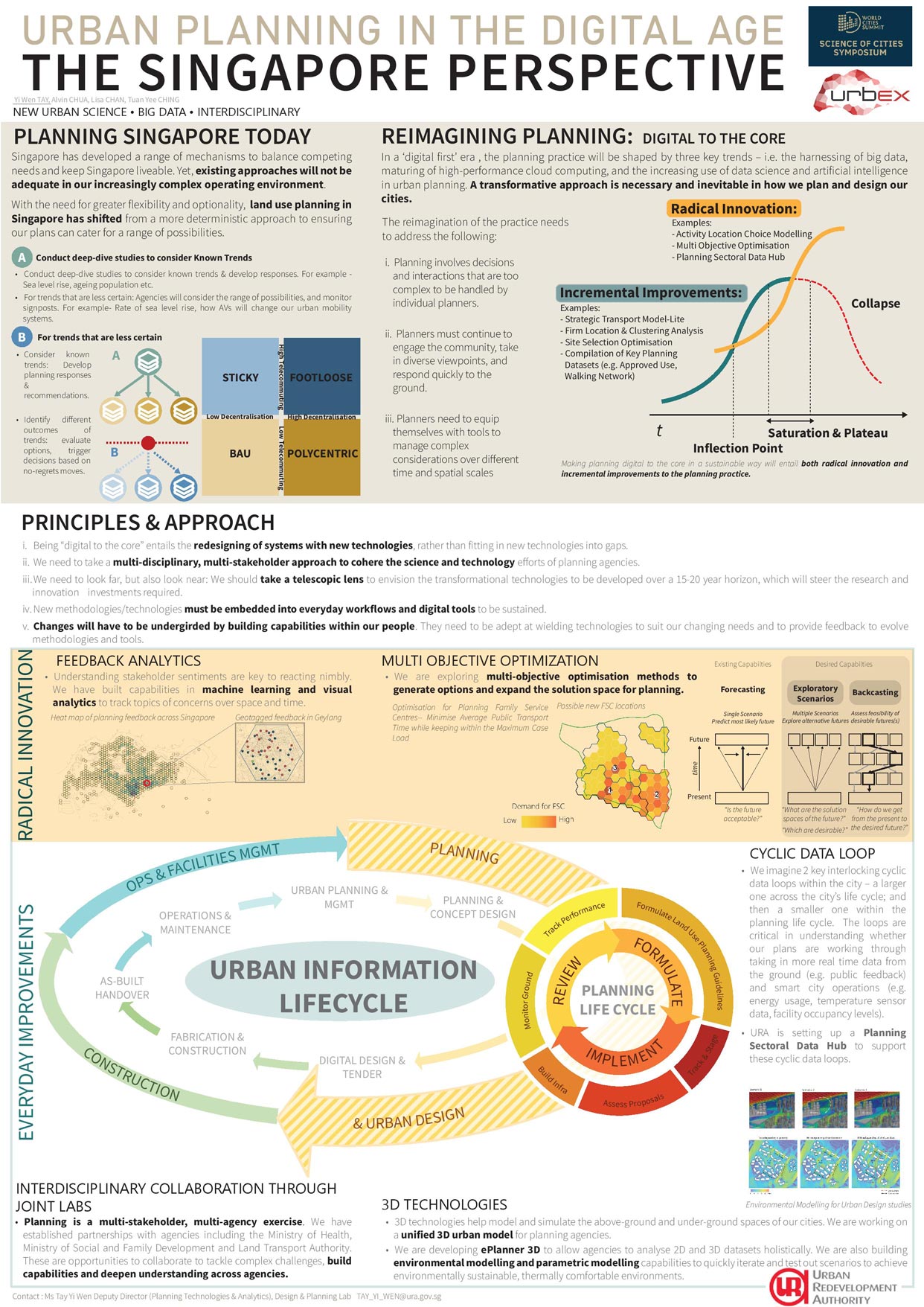 P1: Urban Planning in the Digital Age – The Singapore Perspective
|
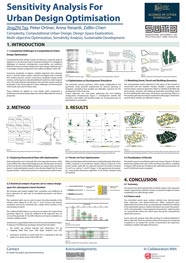 P2: Sensitivity Analysis for Urban Design Optimisation
|
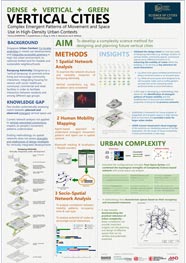 P3: Vertical Cities: Complex Emergent Patterns of Movement and Space Use in High-Density Urban Context
|
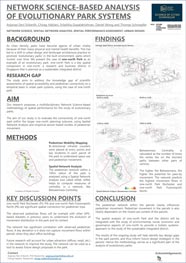 P4: Network Science-Based Analysis of Evolutionary Park Systems
|
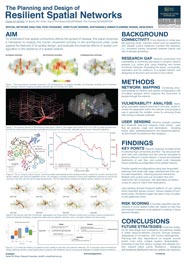 P5: The Planning and Design of Resilient Spatial Networks
|
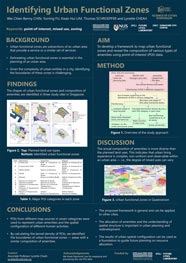 P6: Identifying Urban Functional Zones by Analysing the Spatial Distribution of Amenities
|
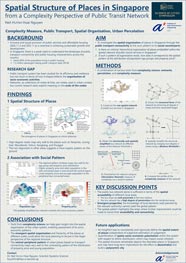 P7: Spatial Structure of Places in Singapore from a Complexity Perspective of Public Transit Network
|
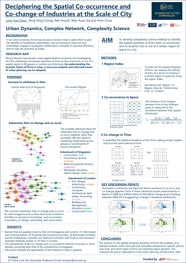 P8: Deciphering the Spatial Co-occurrence and Co-change of Industries at the Scale of City
|
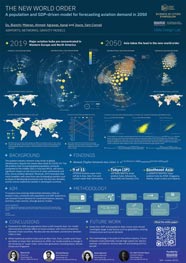 P9: The New World Order of Airports: A Population-and GDP-driven model for Forecasting Aviation Demand in 2050
|
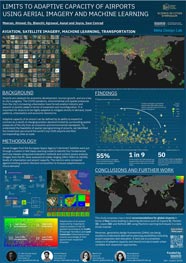 P10: Limits to Adaptive Capacity of Airports using Aerial Imagery and Machine Learning
|
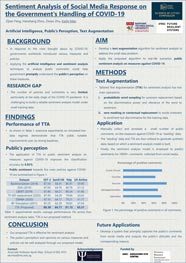 P11: Sentiment Analysis of Social Media Response on the Government's Handling of COVID-19
|
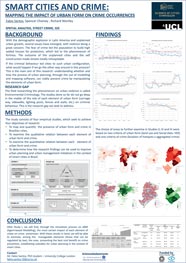 P12: Smart Cities and Crime: Mapping the Impact of Urban Form on Crime Occurrenc
|
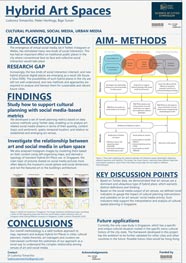 P13: Hybrid Art Places: Exploring the Relationship between Social Media and Art Venues in Singapore
|
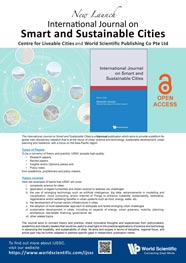 P14: New Launch: International Journal on Smart and Sustainable Cities
|
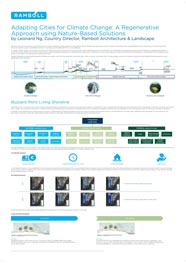 P15: Adapting Cities for Climate Change – A Regenerative Approach using Nature-Based Solutions
|
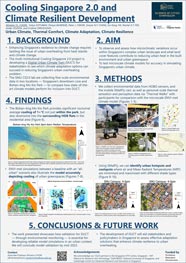 P16: Cooling Singapore 2.0 and Climate Resilient Development
|
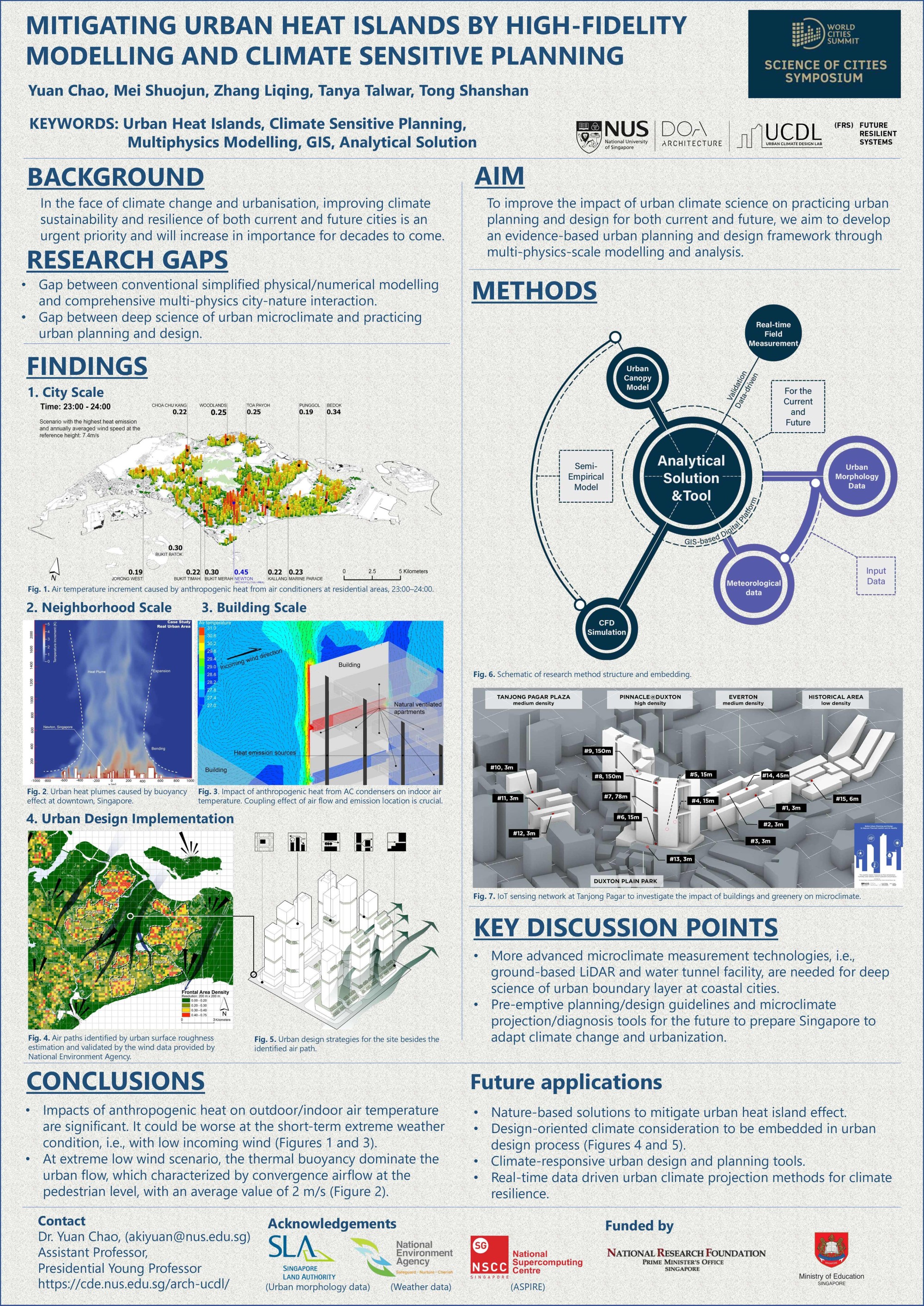 P17: Mitigating Urban Heat Islands by High-fidelity Modelling and Climate Sensitive Planning
|
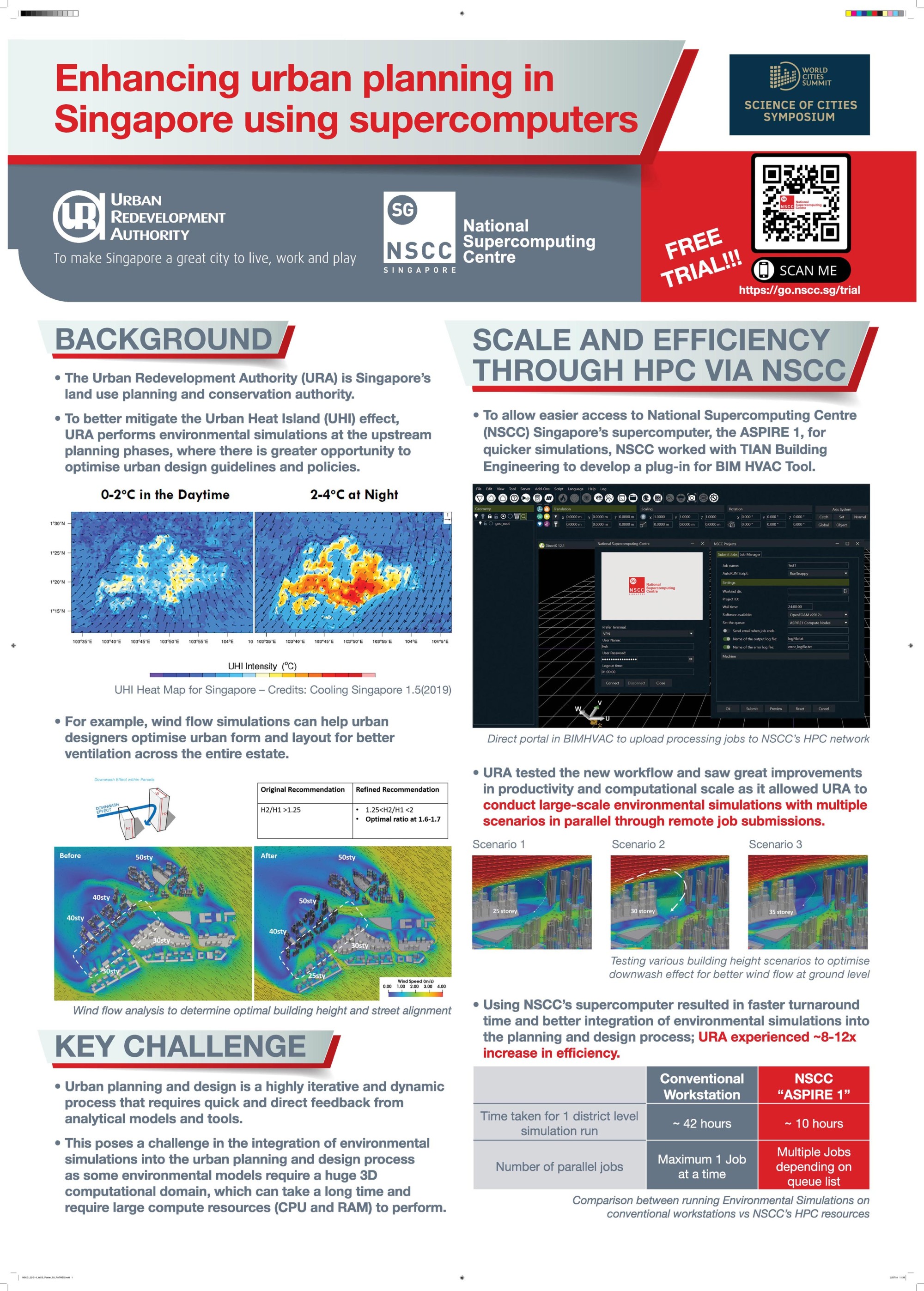 P18: Enhancing Urban Planning in Singapore using Supercomputers
|
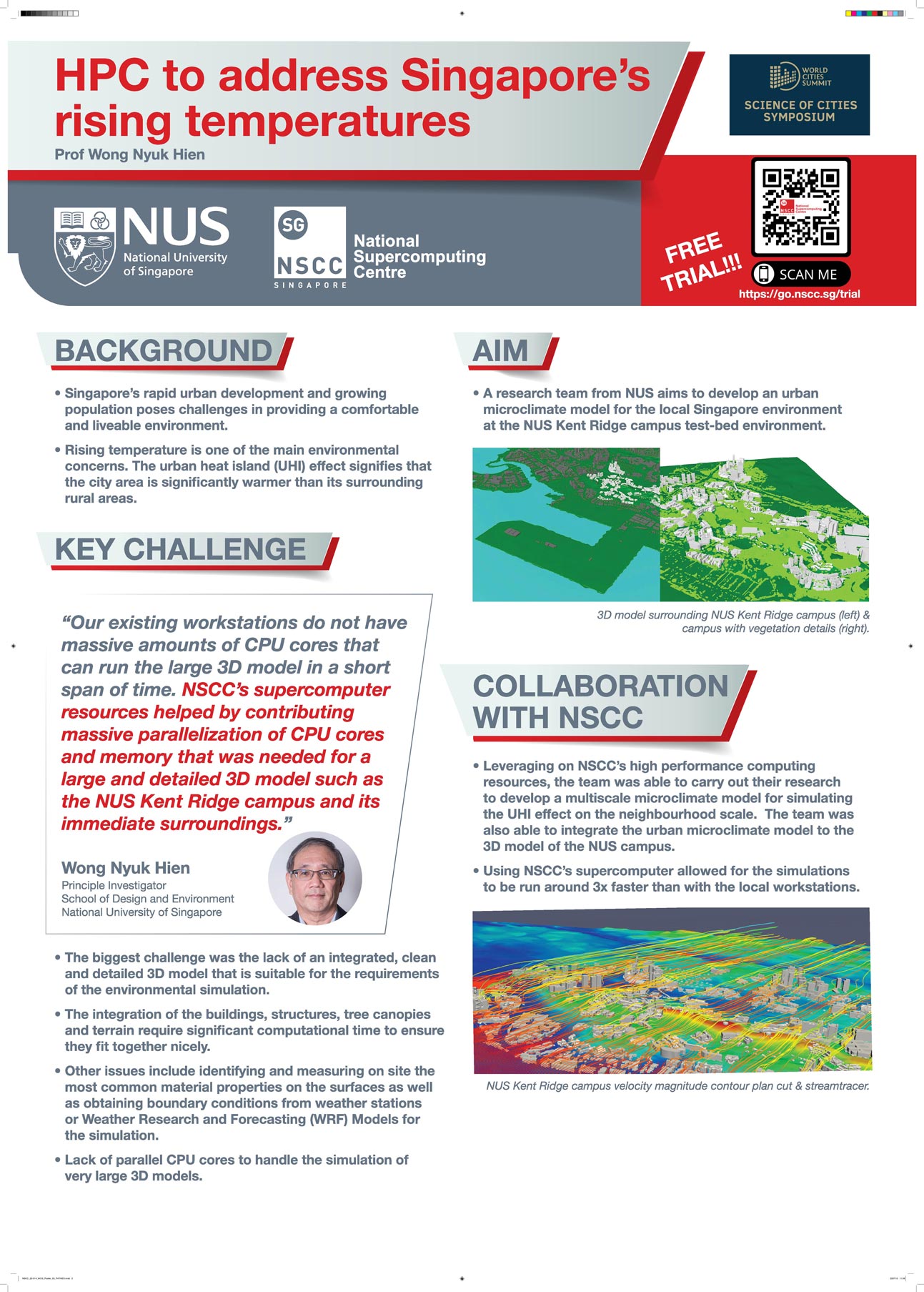 P19: HPC to address Singapore’s Rising Temperatures
|
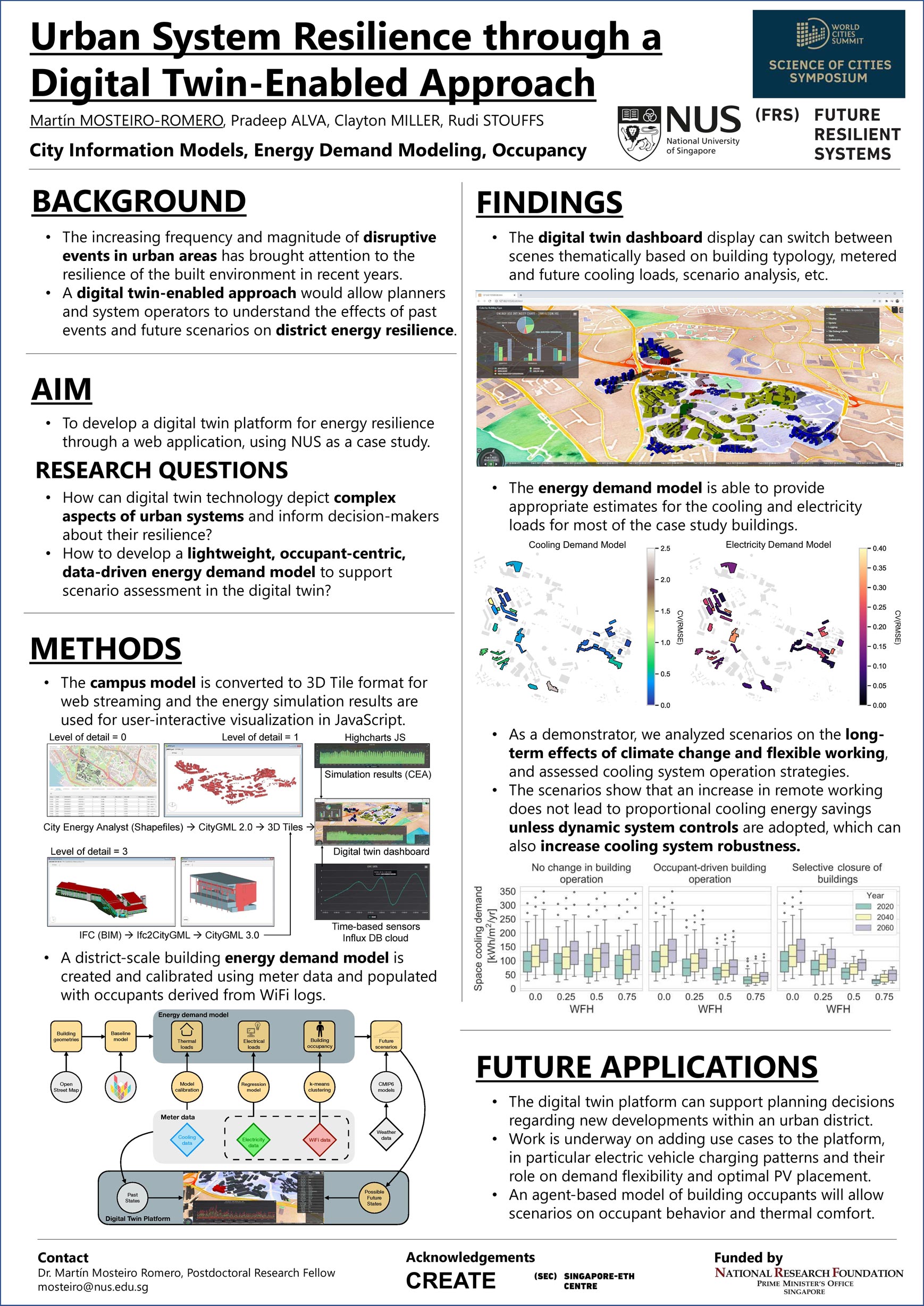 P20: Urban System Resilience through a Digital Twin-enabled Approach
|
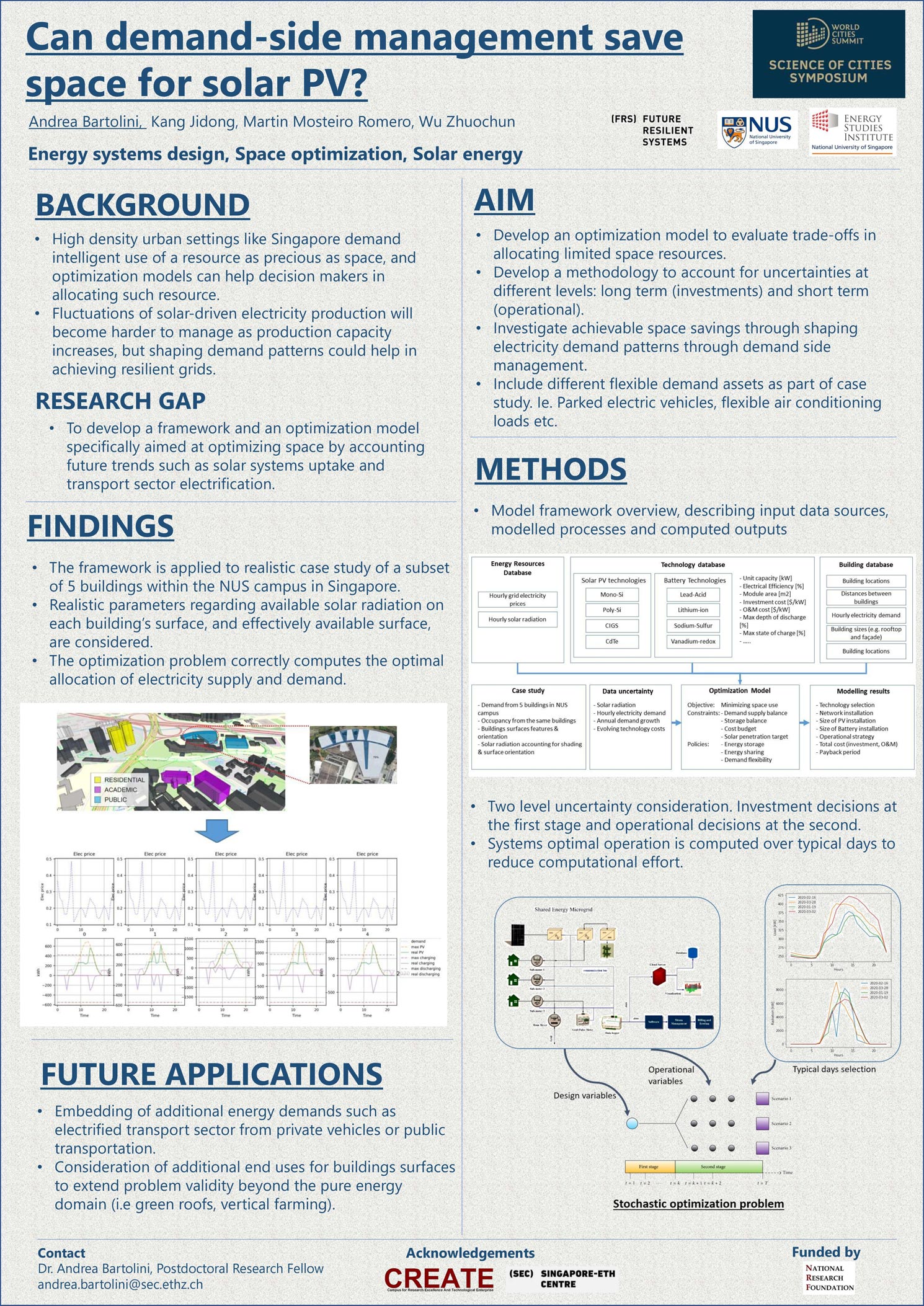 P21: Can Demand-side Management Save Space for Solar PV Installation? A case study within the NUS campus, Singapore
|
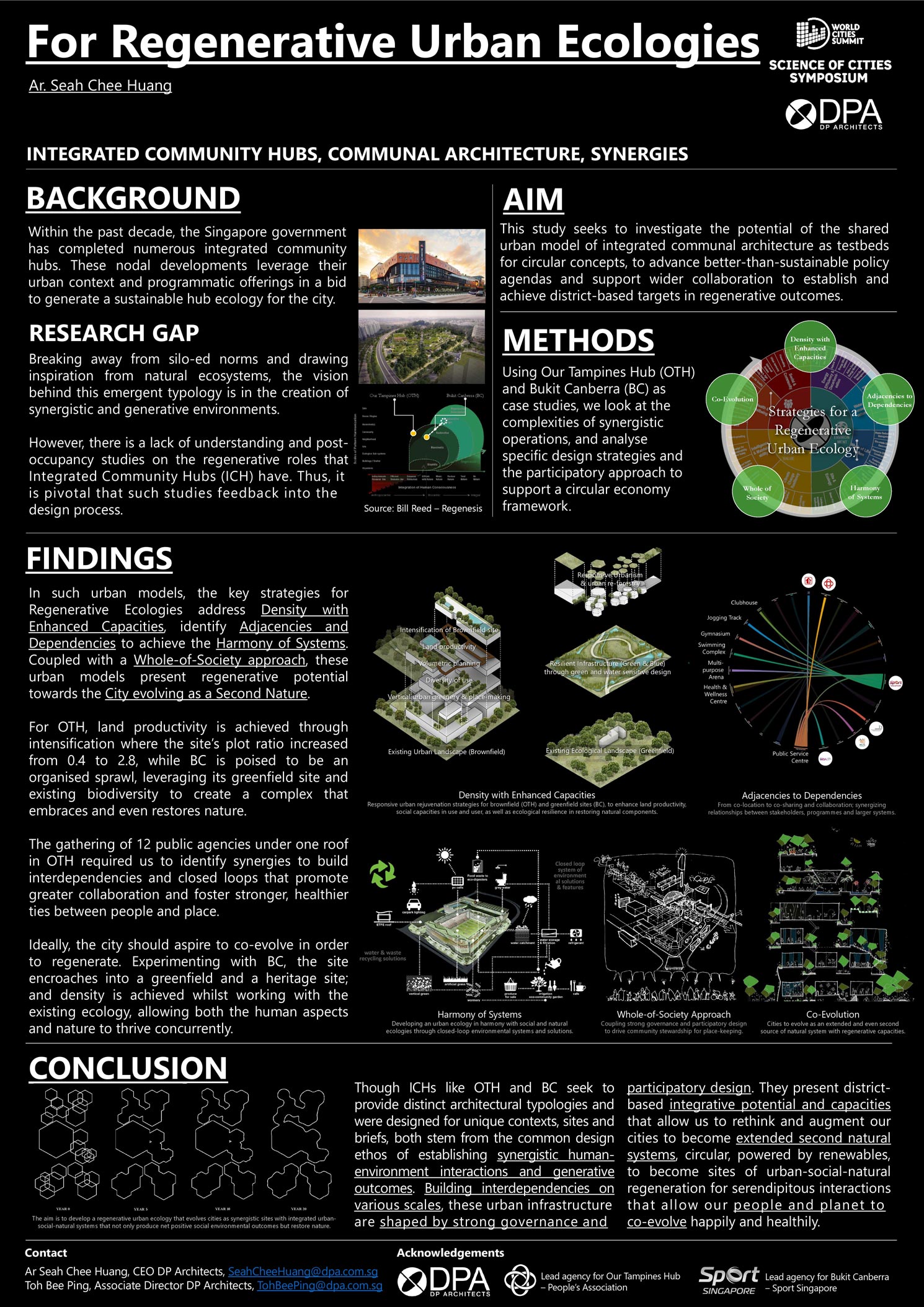 P22: For Regenerative Urban Ecologies: Integrated Community Hubs
|
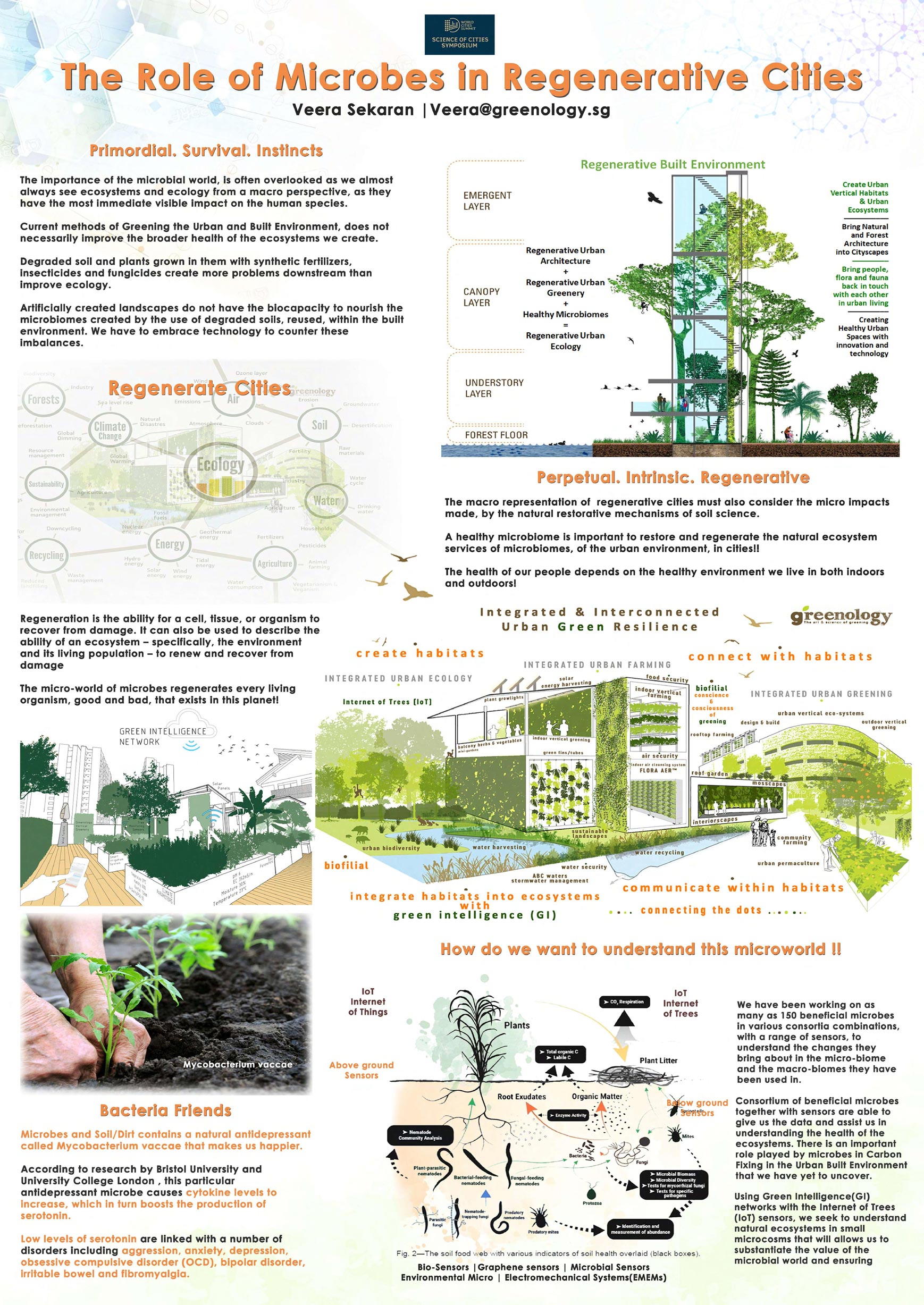 P23: The Role of Microbes in Regenerative Cities
|
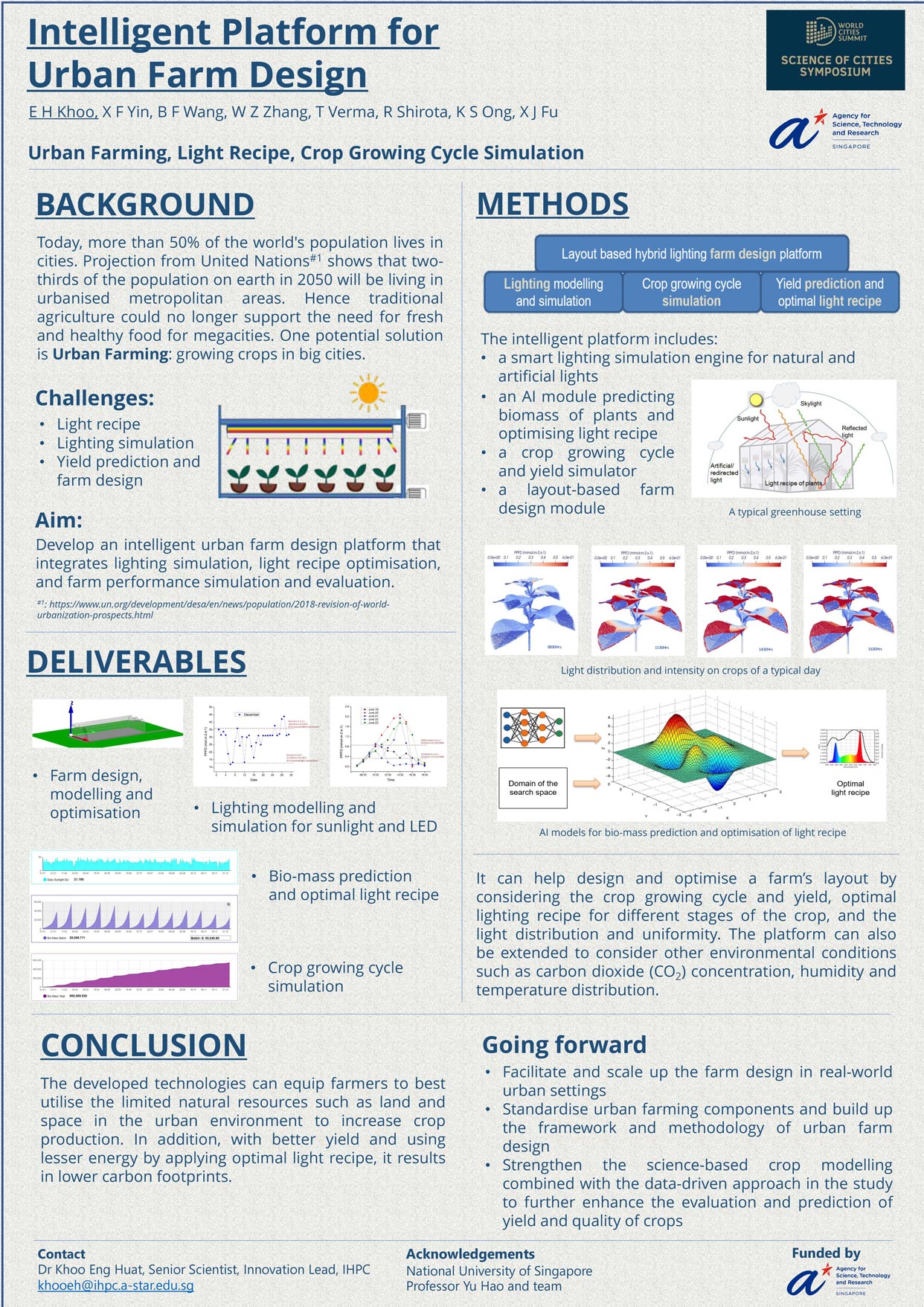 P24: Intelligent Platform for Urban Farm Design
|
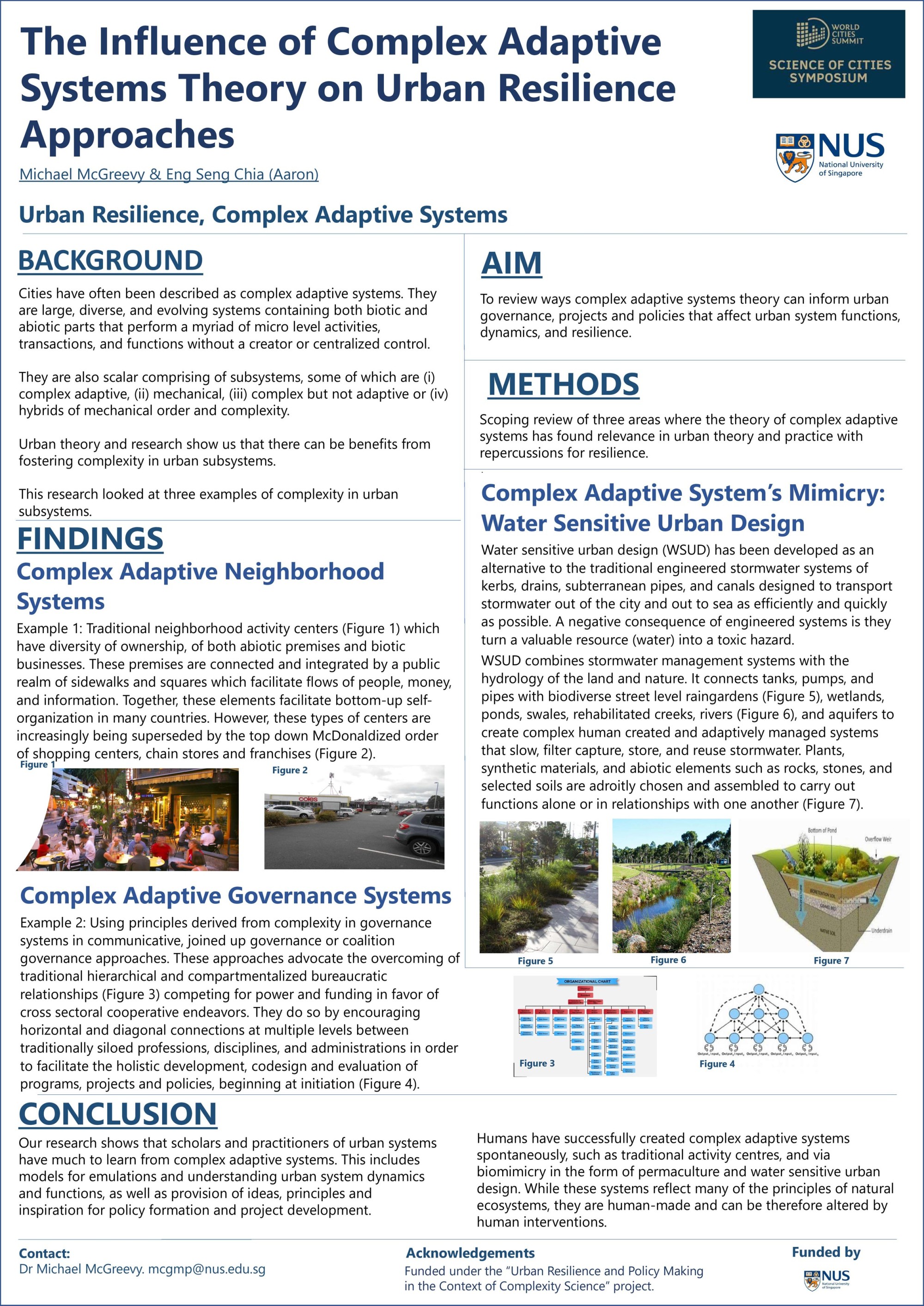 P25: Influence of Complex Adaptive Systems Theory on Urban Resilience Approaches
|
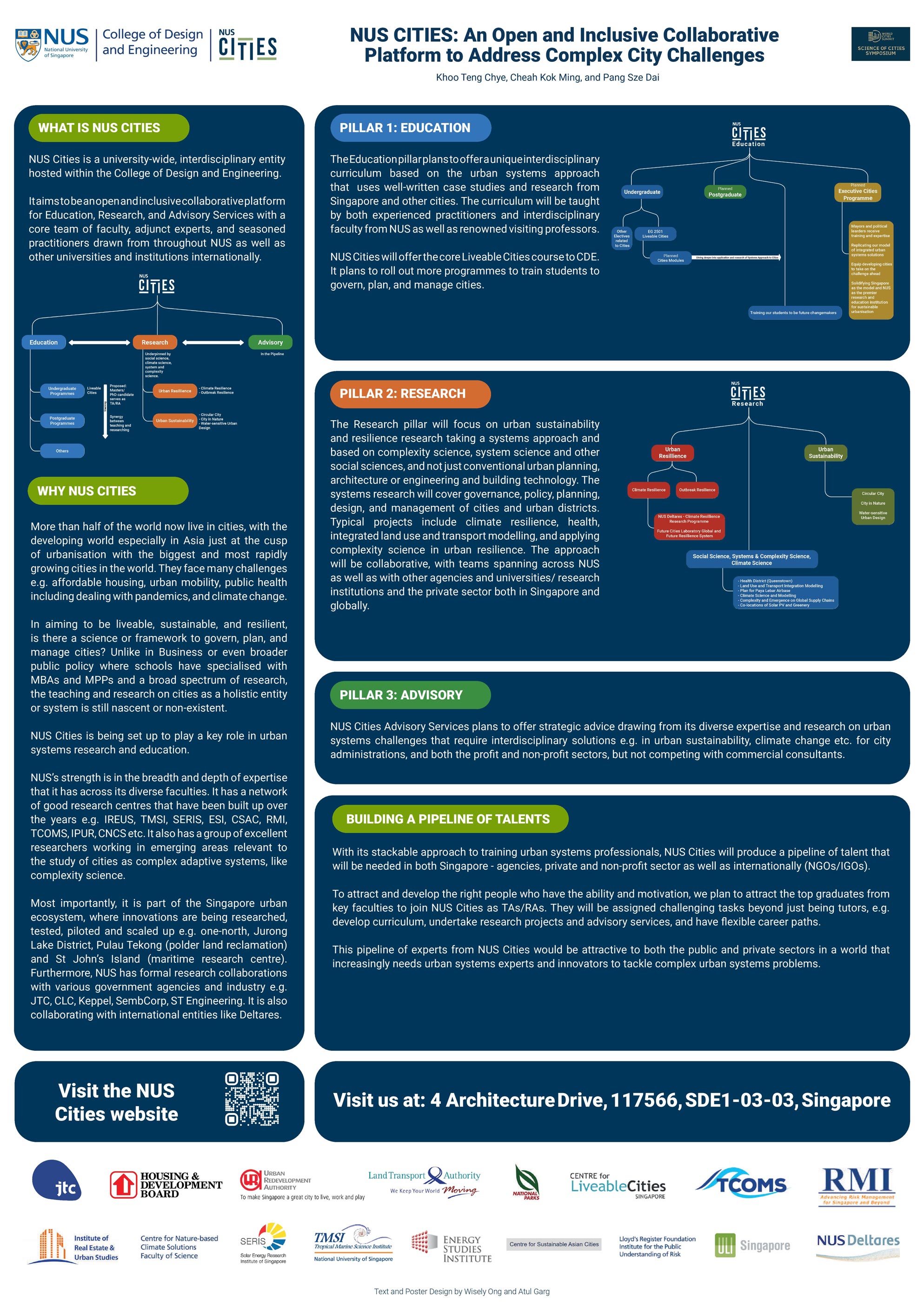 P26: NUS Cities - An Open and Inclusive Collaborative platform for Education, Research, and Advisory Services to Address Complex City Challenges
|